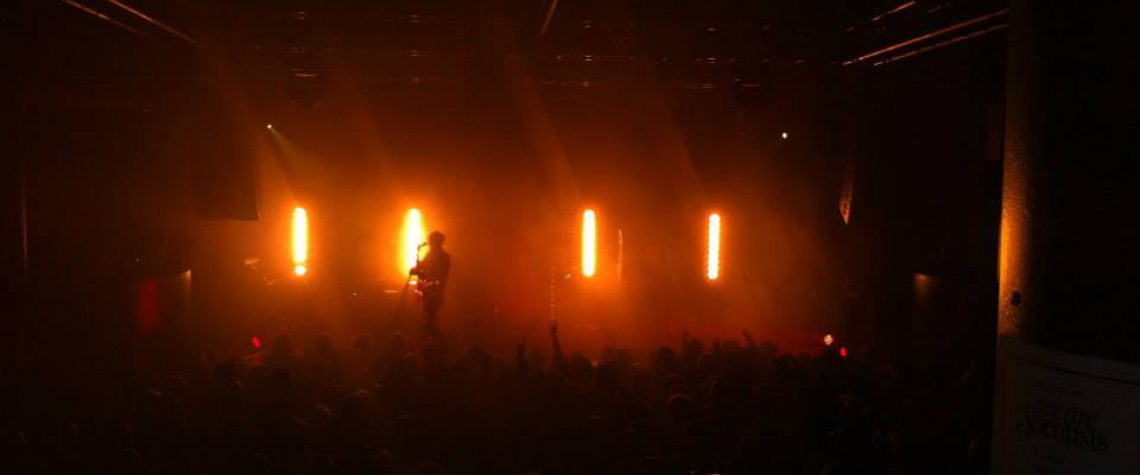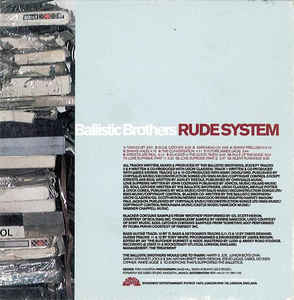Originally released 18th July 1997. Review originally posted 29th June 2008.
So 1997 then; a pivotal year for dance music of all flavours. The avin’ it generation were now gone, moved on from too many fields and bored with the both the genericism of the music and the now legitimate thrills, their sense of bootleg theatre amputated not by fashion or pharmaceuticals but by statute and a cabbalistic judiciary. Other contexts had also changed; the economic strife of the decade’s early years – which had framed the hedonistic nihlism as ravers and technogoths alike had sought release without alternative – was now a distant memory. Money began to return to people’s pockets. Add to this the political demise of Margaret Thatcher and demonstrably youth’s battle with the establishment had lost one of it’s recruitment posters. Suddenly, the British media no longer pandered to the middle classes. New was cool. Retro urbanity was the metropolitan byword in chic.
Yet at first few people seemed to be getting it right. Jungle should have torn the country a new arsehole – instead it remained largely an underground phenomenon, it’s protagonists split on the best way to exploit the critical traction by getting paid. As some took the breaks and snare towards the older nuances of black music, artcore was born, along with a dozen other sub-sects all determined to rubber stamp the final rejection of techno and bleepcore’s alienated mechanical zeitgeist. Amongst the pioneers of this movement were The Ballistic Brothers – principally Ashley Beedle of the Black Science Orchestra and Dave Hill of Nuphonic Records – who’d already begun to plot a course for club orientated music rooted in musical sophistication and recherche stylism with their 1995 debut London Hooligan Soul.
Their second excercise was a far more diffused palette; although opener Tuning Up was basically a lugubrious double bass coupled with intermittment synth washes, it’s new-old hybrid was emblematic of the era’s free-er thinking. Beedle had already proved he could get to the heart of retro stylings with Black Science Orchestra’s classic New Jersey Deep, and here Soul Catcher had the essence of seventies funk minimalism, a million miles away from the amphetamine punch of it’s primordially orientated precedents.
Arguably cool does need to be repackaged, so whilst some later dismissed the coffee house piano stylings and keyboard as noodly clarinet as deep house, it has a melodic warmth clearly designed to not be consumed direct from booming sound systems. Beedle’s history as a DJ from the early years of dayglo beats is referenced in the drowsy, acid soaked techno of The Conversation, whilst Future James (Jack) – created the seam that later scenesters Mouse on Mars and Ian Pooley would drive through, effortlessly loaded with dancefloor orientated beats, mazy background organ twitters and lugubrious bass.
So was it elitism, or was it optimism? it was true that in some ways the emergence of acid jazz and the onward rush of garage was in some ways the poachers turning gamekeeper; their restlessness defined the shift. But to argue that this implies less relevance simply because it’s not effective in the context of an aircraft hangar is lazy and demeaning. In reality, it was a product of both youth and experience.

